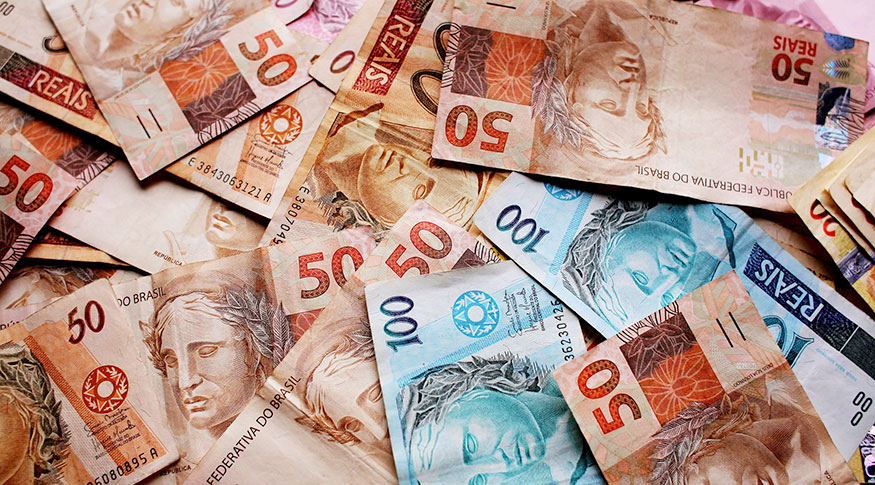Gross Domestic Product
IBGE currently working on revision of GDP calculation to reflect economic and environmental changes
February 16, 2024 06h13 PM | Last Updated: February 16, 2024 11h43 PM

The IBGE has started working on a new revision of the National Accounts calculation, especially the Gross Domestic Product (GDP). National Accounts follow the recommendations of international statistical agencies – United Nations (UN), Organization for Economic Co-operation and Development (OECD), World Bank, International Monetary Fund (IMF) and Eurostat – whose major take place every ten years, so that the calculation reflects changes in the economy. In Brazil, the latest revisions were those for reference years 2000, 2010 and there should have been one for 2020, but, due to the pandemic, the new reference year was 2021.
Rebeca Palis, coordinator for National Accounts, informs that the base year will be 2021 and the technicians will follow the recommendations of the new United Nations Manual – System of National Accounts (SNA) –, expected to be released in 2025. The new manual, among other initiatives, introduces measurements related to the environment and to digital economy, the extraction of natural resources, to inequality and welfare.
“The economy keeps changing, and we need to incorporate to the measurement the new events in the economy. The international SNA manual is released from time to time and we have to adapt. Nevertheless, without the new manual, we have to promote deeper changes and recalculate the entire series using the same methodology. We change the base year and recalculate because there are a number of new surveys, such as a new population census, a new Consumer Expenditure Survey (POF), or a new Census of Agriculture. But that kind of adjustment can only be effected regularly and the entire series has to be revised,” Rebeca Palis explains.
That is a complex project that demands time, since it leads to modifications in the classification of activities, of some methodologies and of sources of data. The new methodology is adopted for the coming years and for adjustment of previous years. The international recommendation provides that changes should take place every ten years, otherwise, some structures might get obsolete. Being in line with international manuals allows comparability between the economies of different countries.
“The countries do not need to wait for the release of a new manual before they effect changes, but, when a new one is available, all of us have to adjust and it is an opportunity to revise our National Accounts. Nowadays most countries are in line with the 2008 SNA and that makes comparability possible. The next manual (SNA 2025) has been studies for some time, and approaches new issues, such as the inclusion of the environment and of digital economy, and conducting global consultations in which Brazil has participated. Each topic indicates what needs to be changed. As the period of preparation coincided with the start of our work, changes recommended by the new international manual will be incorporated.”
Ms. Palis explains that the basic structure of national accounts will not change. What is expected is the incorporation of more topics, which will become more important, so that the system can reflect reality, taking the environment and welfare into consideration. “The idea is to expand the analysis and measure the degradation of the environment, improve the measurement of the impact of digital economy,” says Rebeca Palis.
In the last modification in 2010, there were changes in the counting of investments such as the inclusion of research and development, for example. After 2010, the IBGE developed the Environmental Economic Accounting and that favored adequacy to the interactive recently promoted by the UN between the economy and the environment.
“We take natural resources from the environment; they circulate in the economy and are eventually returned to the environment. The IBGE believed that this trend to interaction between environmental and national accounts would increase even more. First we launched the Environmental Economic Accounting for Water and then the Environmental Economic Accounting for Energy,” Ms. Palis adds.
As digital transformation advances in most countries, the economy has changed a lot in the last few years. Another important measurement is the account relative to the consumption of families, which is more open to measure stratification and, therefore, inequality.
Rebeca Palis says there is not yet a defined schedule because all the accounts - national, regional, municipal and satellite ones - will be reformulated. “These are interconnected measurements, each one done at a time. We tend to finish after the edition of the international manual, from 2025 on,” adds the National Accounts coordinator.




















